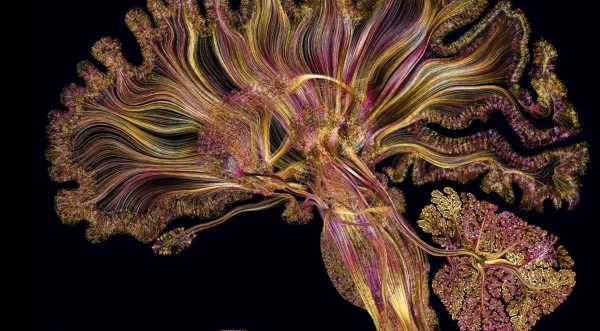Do Dreams at Night Affect Us Negatively
In the famous movie Inception, the character Cobb says: “Our dreams feel real while we’re in them. It’s only when we wake, we realize things were strange.” Cobb’s wife commits suicide because she can’t tell what is happening in the dream and what is reality. This scene sparks the question: how do dreams impact us after we wake up? In my opinion, some people may deliberately immerse themselves in their dreams to escape their unpleasant realities, just like Cobb’s wife. As a person who is interested in dreams, I interviewed some people who have dreamed before, including two teenage girls, a teenage boy, a female adult, and a male adult. I did some research based on their feelings after the dream. As a result, all of them said dreams mentally and physically make them unwell.
All of the people interviewed said they mostly feel like they “didn’t get enough rest” when they awake from dreams, even though they went to bed at the usual time. In addition, sore eyes are caused after the dream, and that is why they felt much more tired than when they didn’t dream. Four of them have problems going back to sleep when they wake up in the middle of a dream. There are two people who mentioned particularly that going back to sleep is hard, especially when they dream of a nightmare, because they fear that their dreams will be continued if they go back to sleep again. The repetition of one dream also has happened to the other three people. However, rather than be afraid of these repeating dreams, they usually want to dwell on the dream, remember the plot, and figure out the real meaning. Therefore, the dream will be stuck in their minds and divert a lot of their attention, which could prove distracting in other areas of life.
The Research that is reported in the Journal of Personality and Social Psychology (Vol. 96, No. 2) concludes that dreams do influence people’s decisions and attitudes. In fact, sleep is divided into stages. REM is the stage of sleep characterized by rapid saccadic movements of the eyes and when the vividly recalled dreams occur the most. When your sleep is on the stage of REM, the rapid movement of your eyes can make your eyes feel sore as you wake up. During this stage, the activity of the brain’s neurons is quite similar to that during waking hours, so people who awake during REM usually feel alert and refreshed. Therefore, people often have a hard time getting back to sleep after a dream, especially after a nightmare. In statistics by the American Academy of Sleep Medicine, about 50 percent to 85 percent of adults report having at least an occasional nightmare, and about 75 percent of children can remember having at least one nightmare during childhood. It is estimated that between 10 and 50% of children aged 3-5 years have nightmares severe enough to disturb their parents. American Academy of Sleep Medicine says, “A person wakes in a confused state and may display disoriented behavior. Slow speech, confused thinking, blunt responses and memory impairment are common. Behavior can be agitated or even aggressive, especially after a forced awakening.”
Besides the physical impacts, dreams can affect people emotionally and often ignite people’s curiosity about hidden signs and meanings. Sigmund Freud, the founder of psychoanalysis, wrote the book The Interpretation of Dreams (German: Die Traumdeutung) in 1899. Dream interpretation is the process of assigning meaning to dreams, which sparks the interest of people all around the world. Posting in an article by American Psychological Association, “Social psychologists Carey Morewedge, PhD, at Carnegie Mellon University, and Michael Norton, PhD, at Harvard University, conducted studies to find out how people respond to their dreams. Their study of people in the United States, South Korea, and India found that 56 percent, 65 percent and 74 percent of respondents, respectively, believe that dreaming reveals hidden truths.” With high interest, there are some people who like to share dreams together and discuss their dream stories. For example, International Association for the Study of Dream (IASD) is one of the online organizations that help people interested in studying dreams in depth.
It is normal to immerse oneself in beautiful, unrealistic dreams sometimes and also fear the horrible nightmares, but the key to making dreams harmless is to remember that you are living in reality.

Hi, my name is Yili Bai. I am a senior at SSFS, and it is my third year as a staff writer in Wildezine. I love writing things to record my thoughts and...





